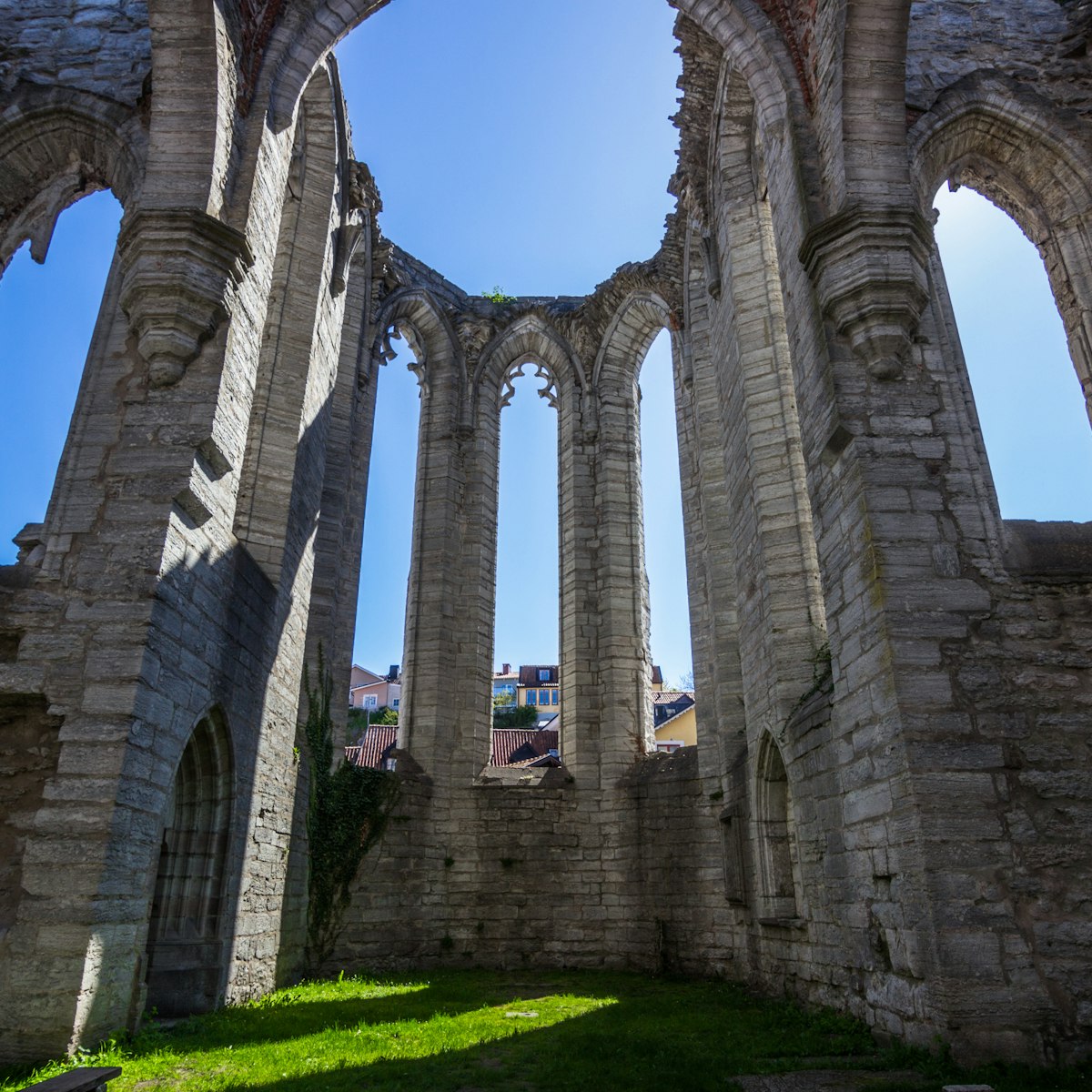Gotlands Museum is one of the mightiest regional museums in Sweden. While highlights include amazing 8th-century, pre-Viking picture stones, human skeletons from chambered tombs and medieval wooden sculptures, the star turn is the legendary Spillings treasure horde. At 70kg it’s the world’s largest booty of preserved silver treasure.
The museum is excellently laid out and explanations are in English as well as Swedish. Read about how the Black Death ravaged the island in 1350, about the Vikings' old Norse religion, about the fossils and coral reefs that surround the island, and about the astonishing 1999 discovery of all that silver on a farm in northern Gotland.
A combination ticket (160kr) includes entry to the nearby Konstmuseet.




